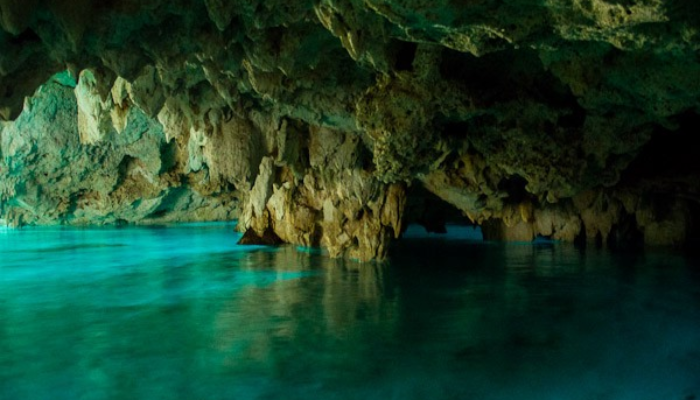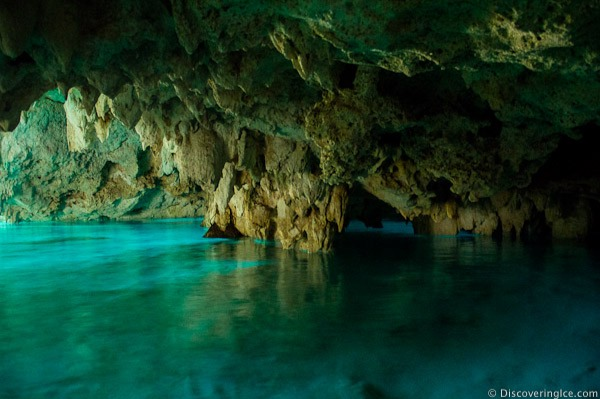
Guest contribution by Dr. Rosario Sanchez Flores, TAMU
Yes, water is a delicate resource. You can barely hold it in your hand, but you can certainly feel it within your fingers; your skin; your nervous system. It has the power to change the energy of our body. It is as natural as magic. We convince ourselves that we control it, but it surprises us every time we think we understood it. It is not a given. It might be renewable, but it is not infinite. Groundwater by itself is an unbelievable story that we rely on every day a little more. We sort of treat it as the God we do not believe in but still use it. We assume it will be always there for us, but we do very little (apart from praying) to protect it and understand it.

Caption: Source: medium.com
Groundwater, as compared to surface water, has “weapons” that we are still in the process of understanding and use them appropriately to improve international relations and collaboration across countries or between users. First, groundwater is relatively constrained to a specific geographic location, it does not move beyond the natural geological formation that holds it (at least not on its own). Therefore, it has an indefinite social, economic, and even political influence directly on the local communities and vice versa. It belongs to the commonalities shared by the communities that rely on them, just as the culture, the traditions, the environment, the socio-economic and legal regimes, and the values. An aquifer cannot be separated from its riparian users. It is as attached to culture as it is to private property values. Its power relies on its ability to leverage differences between communities (for example between countries), as all the sharing parties are affected or at least are at risk of being affected at some point by its neighbors’ water practices. The risk of conflict is less as the level of groundwater dependency of the sharing parties increases.
Second, groundwater quality and storage capabilities are generally greater and less vulnerable to climate variability than surface water. The value of groundwater has been increasing as a key strategy to build on resilience capacity and water security, both at national and international levels, thereby expanding its impact to other non-water challenges.
Third, groundwater is already protected underground. We only have to manage its extraction, protect its recharge areas and capabilities and prevent contamination sources. The ground has a natural treatment capacity that, if managed and treated effectively, is more reliable and affordable than conventional treatment technologies applied to surface water. It helps both the sustainability of the resource and the long-term relationships of its users with groundwater.
So yes, water is sensitive, but groundwater is also a powerful tool that can help alleviate current challenges that expand beyond water needs, such as peace-building among users or nations/countries. Yes, it is still the God we do not follow, but we secretly use it when we need it, and of course, we will not accept it publicly.




